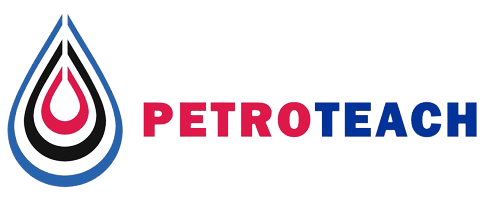GEO 119
Geomodelling Workflow
This geomodelling course aims to give greater insight into the building of static geomodels that best replicate the true flow behaviour of wells and fields, and gain a better understanding of the complexity of reservoir geology, particularly the large number of parameters and the difficulty of capturing the key heterogeneities that affect flow behaviour.



